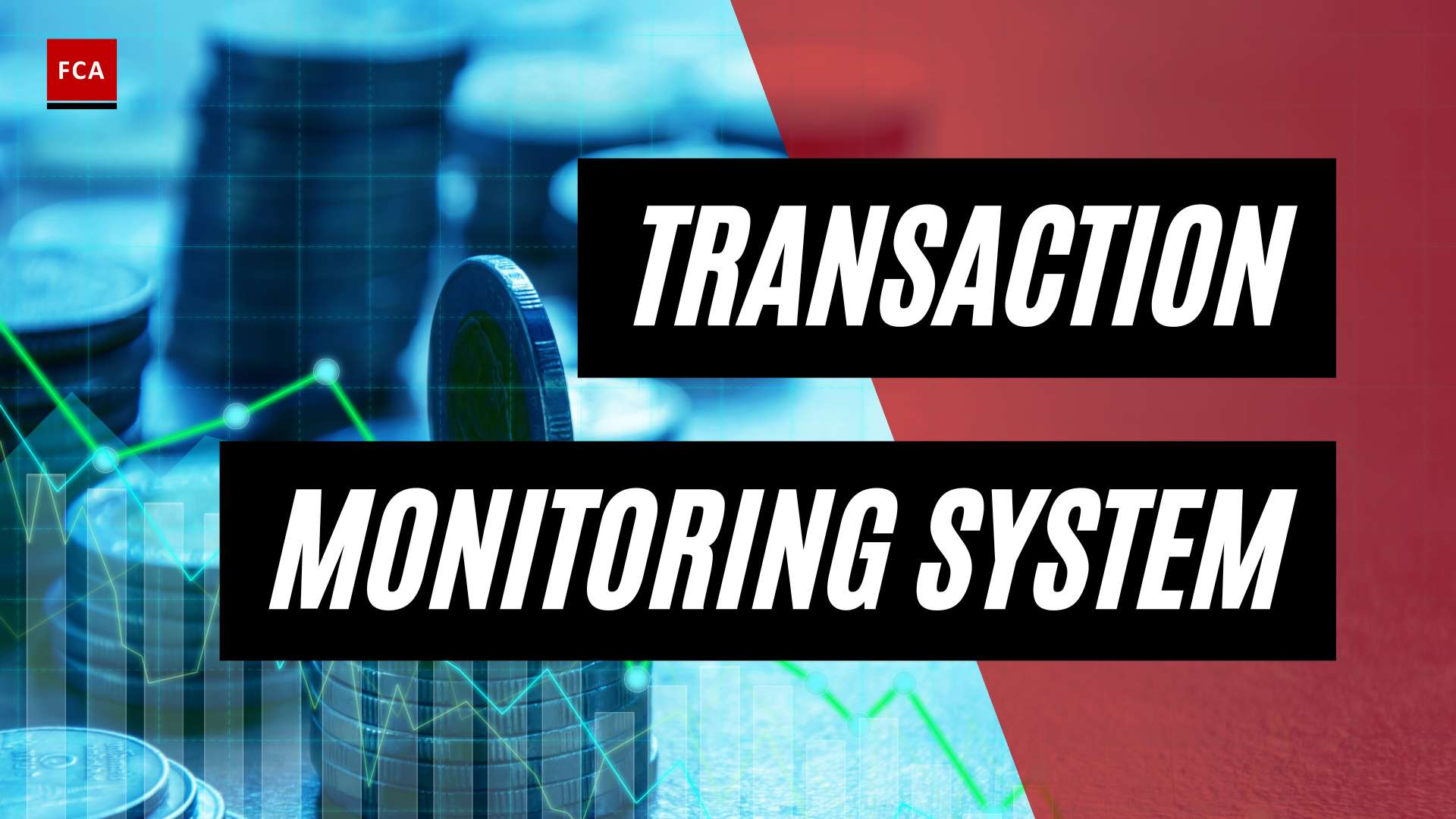Introducing suspicious activity reports. When an organization detects suspicious activities that indicate money laundering, it must report them to the authorities in most countries of the world. This is done to prevent potential criminal behavior, including money laundering or the financing of terrorism. In most countries, the reporting of suspicious activity occurs via the submission of a suspicious activity report, or SAR, a document sent by an organization to the appropriate authority, according to compliance regulations.

Suspicious Activity Reports (SAR)
A suspicious activity report (SAR) is a tool provided by the Bank Secrecy Act (BSA) of 1970 for monitoring suspicious activities that would not otherwise be flagged in other reports (such as the currency transaction report). In 1996, the SAR became the standard form for reporting suspicious activity.
SARs can be issued for almost any unusual activity. An activity may be included in the SAR if it raises the suspicion that the account holder is attempting to conceal something or conduct an illegal transaction.
Understanding A Suspicious Activity Reports
When a financial institution notices suspicious activity in an account, it files a SAR. The report is then submitted to the Financial Crimes Enforcement Network, or FinCEN, which will conduct an investigation into the incident. FinCEN is a division of the United States Treasury.
The financial institution is required to file a report within 30 days of any account activity that appears suspicious or out of the ordinary. If more evidence is needed, an extension of no more than 60 days may be obtained. The institution does not require proof of a crime having occurred. The client is not notified that a SAR has been filed on their behalf.
Suspicious Activity Reports Purpose
The purpose of a SAR is to report known or suspected violations of law OR suspicious activity observed by organizations to the local financial intelligence unit or FIU. There does not have to be a direct connection to a predicate offense. That is for law enforcement to determine. You may not be able to link a SAR to terrorist financing but only to unusual behavior, but law enforcement may discover that key piece of information that defines the link.
But why do you need to file SARs? You may be thinking that SAR filing is like other financial crime prevention activities and should be the job of law enforcement. Especially financial institutions are in a unique position with direct access to customers and transactions. This knowledge of customers and transactions is a crucial information source for law enforcement. The information from a SAR can initiate investigations, help with existing intelligence, and provide a missing piece in broader criminal or terrorist investigations.
It cannot be emphasized enough that a SAR can be a minor incident for an institution and a major development for law enforcement. Law enforcement has access to all the SAR’s from all institutions plus whatever case information they have documented. The ability to see many different sources of information from various sources helps law enforcement build cases for prosecution.
Who Can Make A Suspicious Activity Reports?
Persons working in the regulated sector are required to submit a SAR in respect of information that comes to them in the course of their business under Part 7 of the Proceeds of Crime Act 2002 (POCA) and the Terrorism Act 2000 if they know, suspect, or have reasonable grounds for knowing or suspecting that a person is engaged in, or attempting, money laundering or terrorist financing.
Even if you do not work in a regulated industry, you may be required to file a SAR. If you have ‘knowledge’ or suspicion of money laundering activity or criminal property, do something to assist another in dealing with it, and fail to make a SAR, you may commit an offence.
Final Thoughts
Suspicious Activity Reports (SARs) alert authorities to possible instances of money laundering or terrorist financing. SARs are issued by financial institutions as well as other professionals such as solicitors, accountants, and estate agents and are an important source of intelligence not only on economic crime but also on a wide range of criminal activity.
They provide information and intelligence from the private sector that law enforcement would not otherwise have access to. Private individuals can also file SARs if they suspect or have knowledge of money laundering or terrorist financing.








